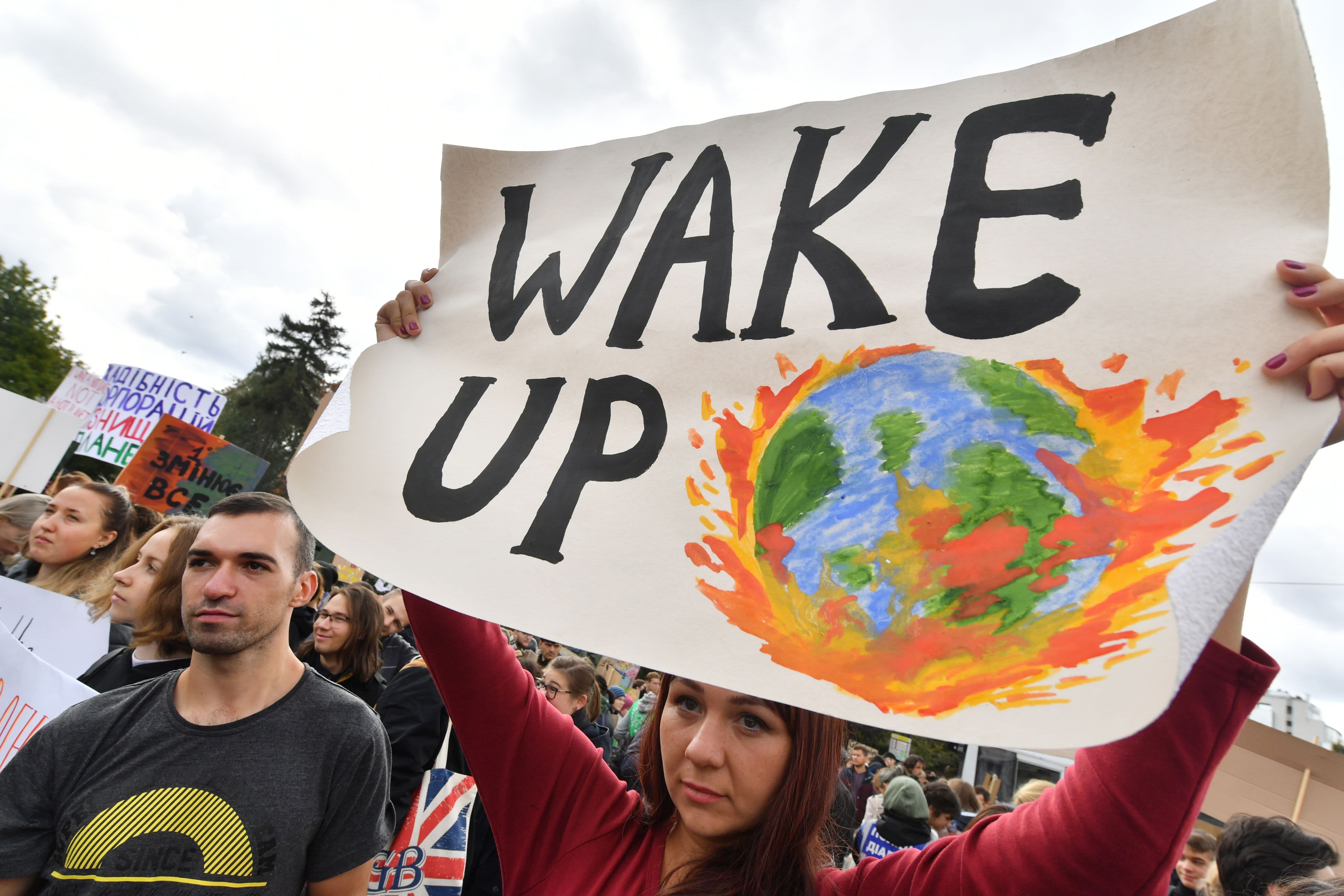Saudis Demand Action as Climate Change Awareness Soars
A recent global climate survey has revealed a significant shift in Saudi Arabia, with a surging awareness of global warming and a growing demand for urgent action. The survey, conducted by Veolia in partnership with Elabe, found that an overwhelming 86% of Saudi residents now believe climate change is a real threat, a sharp increase from 59% just two years ago.
This heightened awareness is likely due to a confluence of factors. The region has witnessed firsthand the potential devastation of climate change, with rising temperatures, intensifying droughts, and more frequent extreme weather events. Additionally, Saudi Arabia's hosting of two recent Conference of the Parties (COP) meetings has placed climate issues at the forefront of national discourse.
The survey also indicated a growing sense of urgency among the Saudi population. Nearly two-thirds (67%) of respondents view climate change as a serious and immediate threat, compared to only 56% in 2022. This perception aligns with the scientific projections for the region, which predict a dramatic increase in heatwaves, water scarcity, and coastal erosion if significant action isn't taken.
However, the survey also highlighted a flicker of hope. Despite the growing concern, a majority (58%) of respondents expressed optimism that humanity can still mitigate the worst effects of climate change. This optimism suggests a potential for public engagement in efforts to achieve a sustainable future.
The findings present both challenges and opportunities for Saudi Arabia. The increased awareness and demand for action create a strong foundation for implementing ambitious climate policies. The government's "Saudi Green Initiative, " which focuses on renewable energy, afforestation, and environmental protection, aligns well with public sentiment.
Furthermore, the survey underscores the need for clear and accessible communication strategies. While a majority of residents now acknowledge the reality of climate change, a significant portion (43%) still struggles to envision what a sustainable future might look like. Public education campaigns that translate complex environmental issues into relatable everyday experiences can bridge this knowledge gap and foster wider public support for sustainable development.
The Saudi case study offers valuable insights for other nations grappling with climate change. A well-informed and engaged public is a critical component in achieving a sustainable future. By fostering public awareness and harnessing the collective will for action, countries worldwide can move towards a future less susceptible to the devastating consequences of climate change.
Share:

